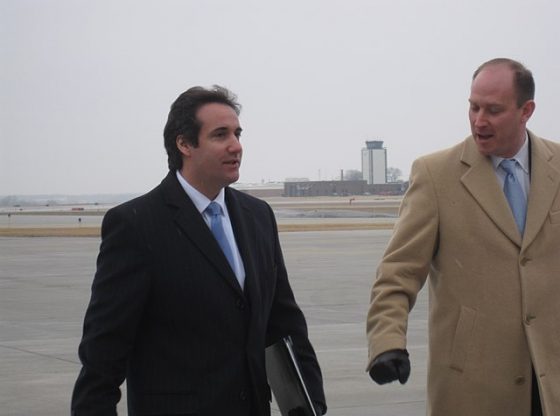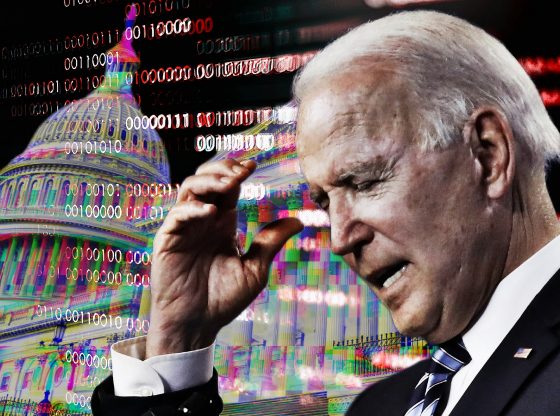The Biden administration secretly asked Iran to pressure the Houthis into stopping their ongoing attacks in the Red Sea, U.S. and Iranian officials anonymously told The Financial Times.
The Houthis, an Iranian-backed terrorist group based in Yemen, have launched a barrage of attacks in recent months against commercial vessels and U.S. and Western naval forces in the Red Sea in opposition to Israel, which was attacked by Hamas on Oct. 7. A delegation of U.S. officials held indirect negotiations with Iranian officials in Oman in January in a bid to convince Tehran to tell the Houthis to halt the attacks, the officials told the Times.
Special Envoy for Iran Abram Paley and White House Middle East advisor Brett McGurk led the delegation and held the negotiations with Ali Bagheri Kani, Iran’s deputy foreign minister, the officials told the Times. Omani officials served as messengers between the U.S. and Iran officials.
Though the U.S. and Iran have a poor relationship, U.S. officials sometimes tap channels to speak to each other, according to the Times. Currently, the indirect channels are serving as a “a method for raising the full range of threats emanating from Iran” and as a way to relay “what [Iran needs] to do in order to prevent a wider conflict, as they claim to want,” a source familiar with the matter told the Times.
McGurk was slated for a second round of negotiations in February, which had to be postponed when he became more involved in the ongoing effort to secure a hostage deal between Israel and Hamas, the U.S. officials told the Times. Israel and Hamas are currently trying to broker a deal through U.S., Egyptian and Qatari negotiators to release the hostages in exchange for a temporary ceasefire.
“We have many channels for passing messages to Iran,” a State Department spokesperson told the Times, but refused to give further detail because “since October 7, all of them have been focused on raising the full range of threats emanating from Iran, and the need for Iran to cease its across-the-board escalation.”
The White House National Security Council declined the Daily Caller News Foundation’s request for comment.
Tensions between the U.S. and Iran have spiked since the Oct. 7 Hamas attacks.
The Islamic Resistance launched an attack against a coalition airbase in Jordan in late January and killed three U.S. soldiers, prompting retaliatory strikes from the U.S. against Iran-backed targets across Iraq and Syria. Several Iranian-backed forces in the region began halting attacks against bases in the wake of the U.S. retaliatory strikes, although the Houthis appeared not to.
The State Department did not immediately respond to a request for comment.
Jake Smith on March 13, 2024
















